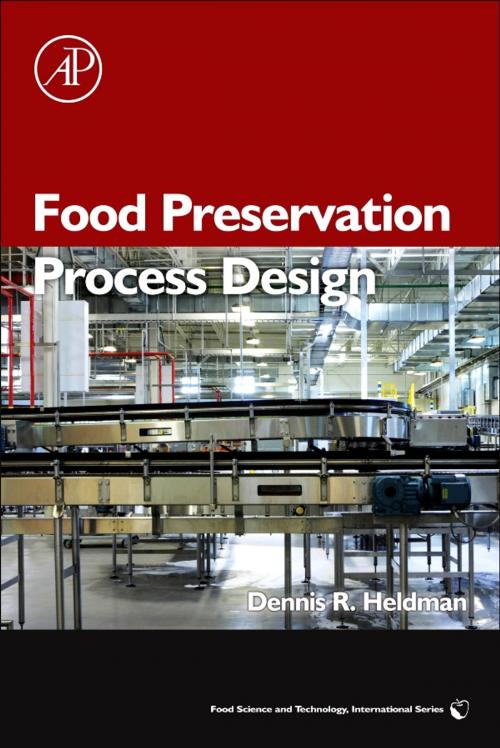Food Preservation Process Design
Nonfiction, Science & Nature, Technology, Food Industry & Science, Industrial Design| Author: | Dennis R. Heldman | ISBN: | 9780080919652 |
| Publisher: | Elsevier Science | Publication: | March 14, 2011 |
| Imprint: | Academic Press | Language: | English |
| Author: | Dennis R. Heldman |
| ISBN: | 9780080919652 |
| Publisher: | Elsevier Science |
| Publication: | March 14, 2011 |
| Imprint: | Academic Press |
| Language: | English |
The preservation processes for foods have evolved over several centuries, but recent attention to non-thermal technologies suggests that a new dimension of change has been initiated.
The new dimension to be emphasized is the emerging technologies for preservation of foods and the need for sound base of information to be developed as inputs for systematic process design. The focus of the work is on process design, and emphasizes the need for quantitative information as inputs to process design.
The concepts presented build on the successful history of thermal processing of foods and use many examples from these types of preservation processes. Preservation of foods by refrigeration, freezing, concentration and dehydration are not addressed directly, but many of the concepts to be presented would apply. Significant attention is given to the fate of food quality attributes during the preservation process and the concept of optimizing process parameters to maximize the retention of food quality.
- Focuses on Kinetic Models for Food Components
- Reviews Transport Models in Food Systems
- Asseses Process Design Models
The preservation processes for foods have evolved over several centuries, but recent attention to non-thermal technologies suggests that a new dimension of change has been initiated.
The new dimension to be emphasized is the emerging technologies for preservation of foods and the need for sound base of information to be developed as inputs for systematic process design. The focus of the work is on process design, and emphasizes the need for quantitative information as inputs to process design.
The concepts presented build on the successful history of thermal processing of foods and use many examples from these types of preservation processes. Preservation of foods by refrigeration, freezing, concentration and dehydration are not addressed directly, but many of the concepts to be presented would apply. Significant attention is given to the fate of food quality attributes during the preservation process and the concept of optimizing process parameters to maximize the retention of food quality.
- Focuses on Kinetic Models for Food Components
- Reviews Transport Models in Food Systems
- Asseses Process Design Models















